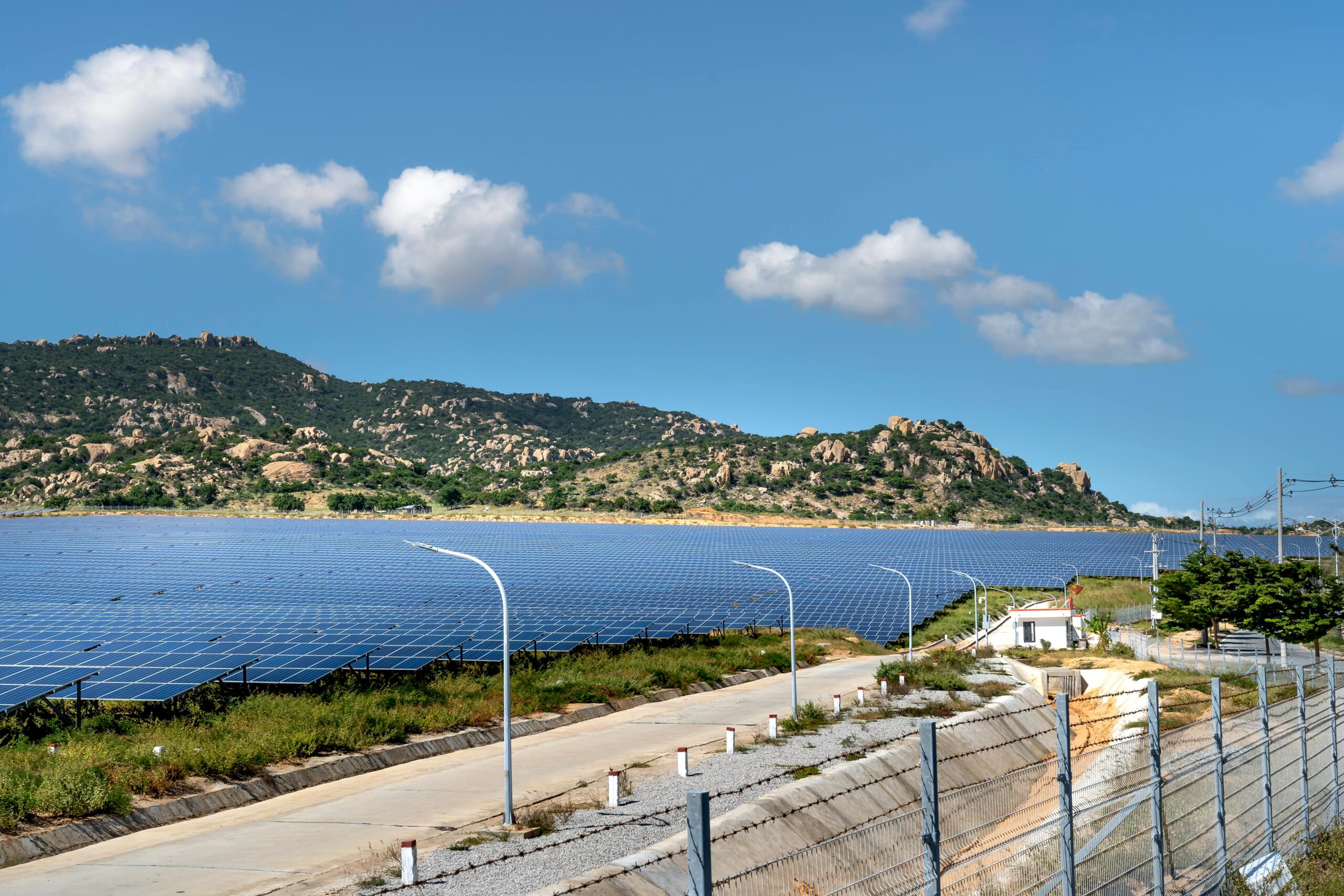As the world grapples with the urgent need to mitigate climate change, solar energy emerges as a vital component in the transition to a sustainable energy future. With its ability to generate clean, renewable electricity, solar power plays a significant role in helping countries meet their carbon reduction targets and combat global warming. This article explores how solar energy contributes to carbon reduction goals and the various benefits it brings to the environment and the economy.
1. Reduction of Greenhouse Gas Emissions
One of the most immediate benefits of solar energy is its capacity to reduce greenhouse gas emissions. Traditional energy sources, such as coal, oil, and natural gas, release significant amounts of carbon dioxide (CO2) when burned for electricity generation. In contrast, solar power systems produce electricity without emitting CO2 during operation. By substituting fossil fuels with solar energy, countries can significantly lower their overall emissions. According to the International Renewable Energy Agency (IRENA), doubling the share of renewable energy in the global energy mix by 2030 could help reduce emissions by as much as 70% compared to business-as-usual scenarios Supporting International Climate Agreements
Solar energy is critical in supporting international climate agreements, such as the Paris Agreement, which aims to limit global warming to well below 2 degrees Celsius. Many countries have set ambitious Nationally Determined Contributions (NDCs) that outline their plans for reducing emissions. Solar energy is often central to these strategies, as it can be deployed rapidly and at various scales, from rooftop installations to large solar farms. For example, countries like India have made significant commitments to increase their solar capacity, aiming for 100 GW of solar power by 2022, contributing to their climate targets .
3 Benefits and Job Creation
The transition to solar energy not only aids in carbon reduction but also stimulates economic growth and job creation. The solar industry has seen exponential growth over the past decade, leading to the creation of millions of jobs worldwide. The Solar Foundation’s National Solar Jobs Census reported that the U.S. solar industry employed over 250,000 workers in 2019 . These jobs rangufacturing and installation to maintenance and research, contributing to local economies while fostering a clean energy workforce. Investing in solar energy also often leads to lower energy costs, providing economic benefits for households and businesses alike.
4. Enhancing Energy Security and Resilience
Solar energy enhances energy security by diversifying the energy mix and reducing dependence on imported fossil fuels. Countries investing in solar technology can generate their own energy, stabilizing their energy supply and reducing vulnerability to geopolitical tensions and fluctuations in global fuel prices. Furthermore, decentralized solar installations, such as rooftop panels and community solar projects, enhance resilience by providing power during natural disasters or grid outages, crucial in regions prone to extreme weather events .
5. Technological Inand Integration
Recent advancements in solar technology, such as improved efficiency rates and energy storage solutions, have made solar energy even more viable for large-scale adoption. Innovations like bifacial solar panels, which capture sunlight on both sides, and integrated solar solutions for buildings are enhancing the potential for carbon reduction. Moreover, combining solar energy with battery storage allows for more effective use of renewable energy, addressing the intermittency issue and providing a reliable energy supply even when the sun is not shining .
6. Contribution to Sustainabment Goals
The promotion of solar energy aligns closely with the United Nations’ Sustainable Development Goals (SDGs), particularly Goal 7, which aims to ensure access to affordable, reliable, sustainable, and modern energy for all. Expanding solar energy access in underserved communities not only supports carbon reduction but also improves quality of life by providing electricity for lighting, heating, and education. Access to clean energy enables better health outcomes, economic development, and enhanced educational opportunities, particularly for women and children .
Conclusion
Solar energy is a pivotal the global effort to reduce carbon emissions and combat climate change. Its potential to provide clean, sustainable power is crucial for meeting international climate targets and promoting economic growth. As countries continue to invest in solar technologies and infrastructure, the path toward a low-carbon future becomes increasingly attainable. By harnessing the power of the sun, the world can take significant strides toward a more sustainable and resilient energy landscape.








Leave a Comment